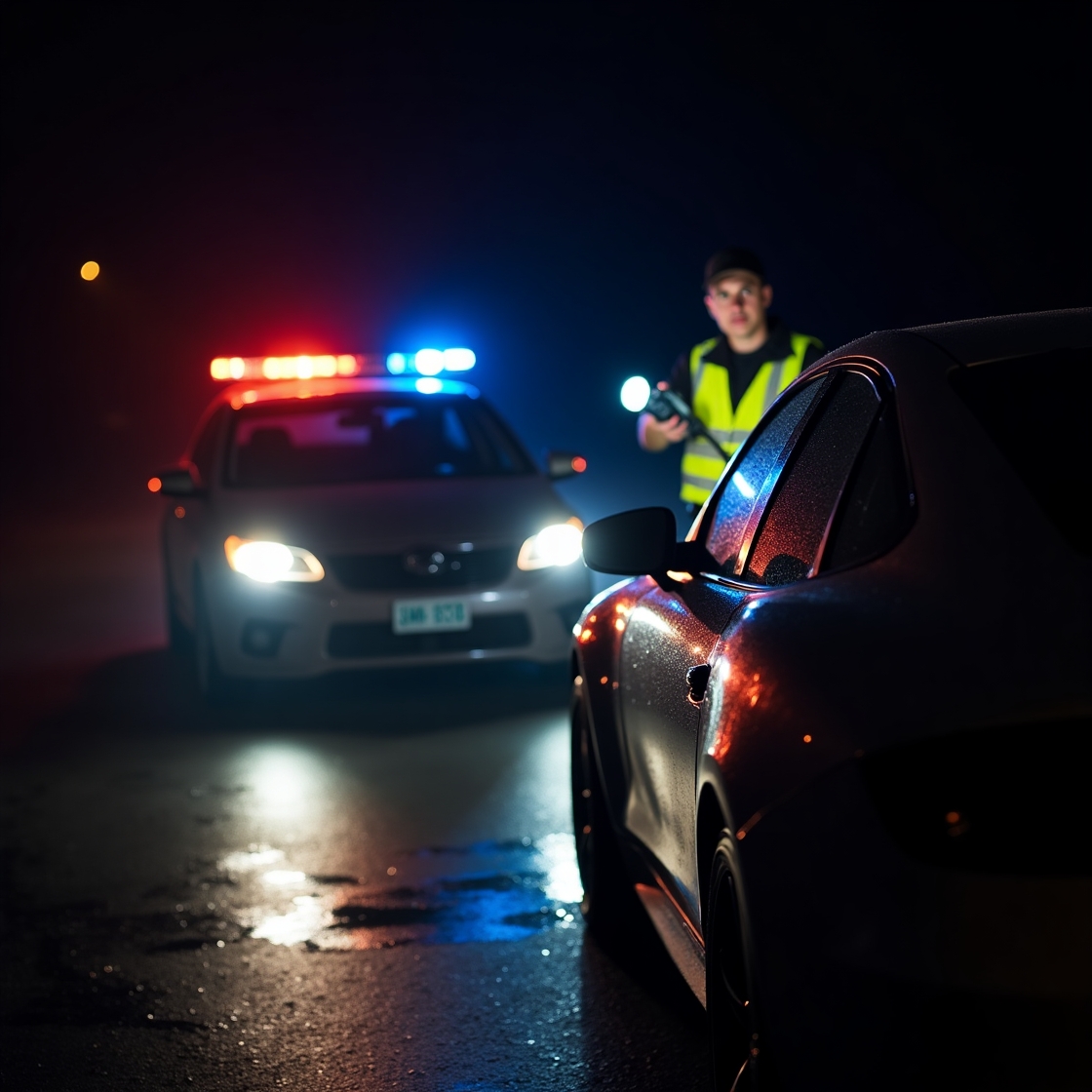Driving under the influence (DUI) is one of the most common and serious traffic offenses in the United States. But how exactly do DUI laws work, and what do you risk by getting behind the wheel after just a drink or two? Here’s a breakdown of how the law treats impaired driving and why even being “buzzed” can cost you more than you think.
What Does DUI Actually Mean?
DUI stands for Driving Under the Influence. Some states use terms like DWI (Driving While Intoxicated), OWI (Operating While Intoxicated), or OUI (Operating Under the Influence), but they all refer to the same concept: driving while impaired by alcohol or drugs.
Impairment doesn’t just mean drunk. It can also include:
- Prescription medications
- Marijuana (even if it’s legal in your state)
- Over-the-counter drugs that cause drowsiness
Legal Blood Alcohol Content (BAC) Limits
In most U.S. states, the legal limit for BAC is:
- 0.08% for drivers over 21
- 0.04% for commercial drivers
- 0.00% to 0.02% for drivers under 21 (Zero Tolerance Laws)
BAC levels depend on factors like weight, sex, how fast you drank, and what you ate. Even one drink can push some people close to or over the limit.
DUI Laws Vary by State
While DUI is illegal in all 50 states, each state has its own laws regarding penalties and enforcement. For example:
- Arizona: Known for some of the toughest DUI laws, including mandatory jail time.
- California: First-time offenders may face license suspension and required DUI education classes.
- Texas: Imposes heavy fines and possible jail time for even first offenses.
Always check your state’s specific laws, especially if you plan to drive across state lines.
What Happens If You’re Pulled Over?
If an officer suspects you’re impaired, you may be asked to:
- Perform a field sobriety test
- Blow into a breathalyzer
- Take a blood or urine test
Refusing these tests can result in automatic license suspension in many states under implied consent laws.
Penalties for a DUI Conviction
Penalties vary but may include:
- Fines ranging from hundreds to thousands of dollars
- License suspension (30 days to several years)
- Jail time (especially for repeat offenses or high BAC)
- Mandatory DUI education or treatment programs
- Installation of an ignition interlock device (IID)
A DUI conviction can also increase your insurance premiums and limit job opportunities, especially if driving is part of your job.
Driving Buzzed Is Still Driving Drunk
You don’t have to be stumbling drunk to be dangerous. Studies show that even a BAC of 0.02% can impair your judgment and reduce your reaction time. Many fatal crashes involve drivers who were “buzzed,” not legally drunk.
DUI and Marijuana
With marijuana legalized in many states, some drivers mistakenly believe it’s safe to drive high. It’s not. Law enforcement can test for THC, and driving under the influence of marijuana can lead to the same penalties as alcohol-based DUIs.
Can You Get a DUI on a Bike or Scooter?
Surprisingly, yes. In many jurisdictions, DUI laws apply to bicycles, electric scooters, and even golf carts. If you’re impaired and operating a vehicle on public roads, you can be charged.
How to Avoid a DUI
- Designate a sober driver
- Use rideshare apps like Uber or Lyft
- Stay overnight if you’re drinking away from home
- Know your limits
Final Thoughts
DUI laws exist to protect lives. While the legal limit might be 0.08%, that doesn’t mean you’re safe to drive if you’re under it. Buzzed driving is still dangerous—and still illegal in many cases. The risks to your freedom, finances, and most importantly, your safety and the safety of others, simply aren’t worth it.
Next time you’re out having drinks, plan ahead. A few extra steps can save you from life-changing consequences.


